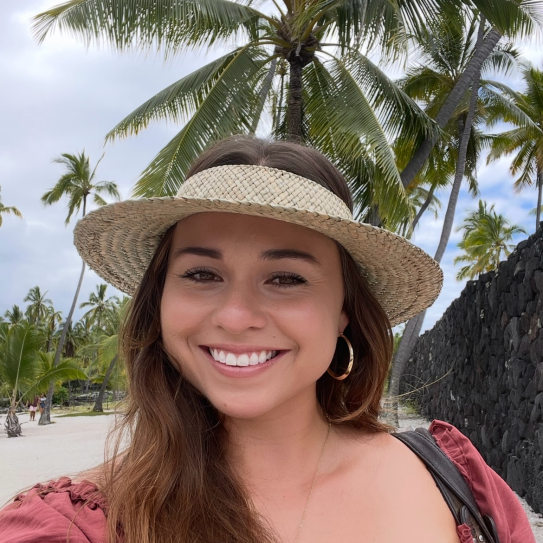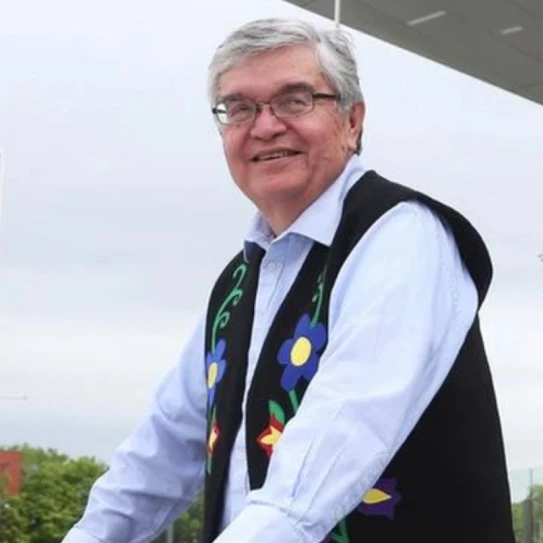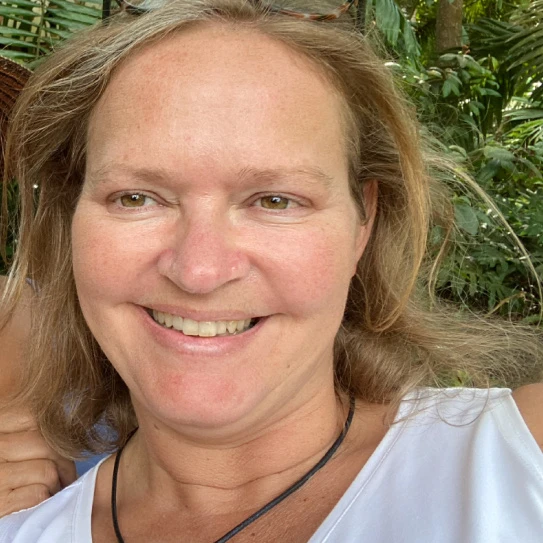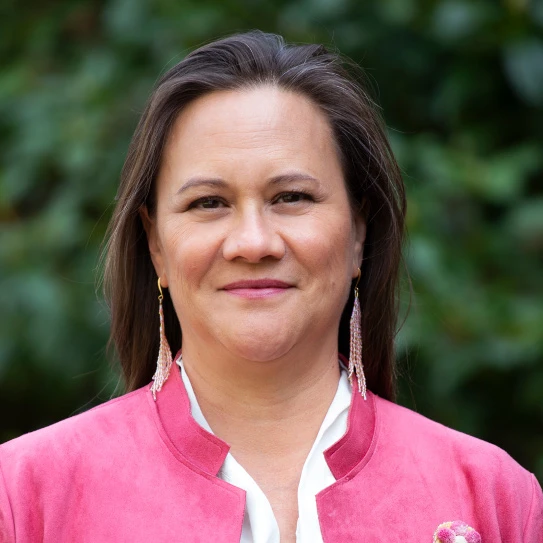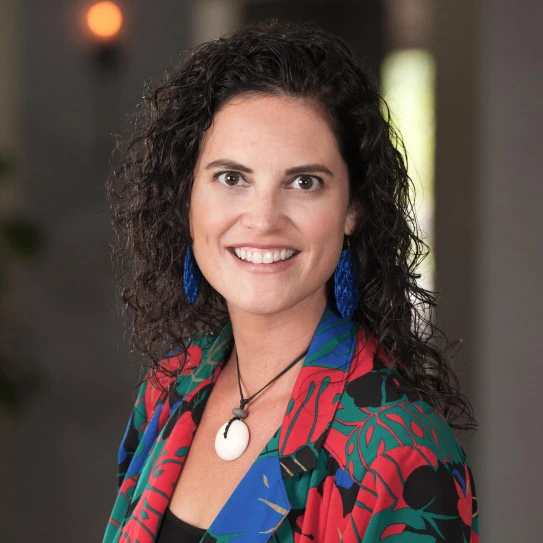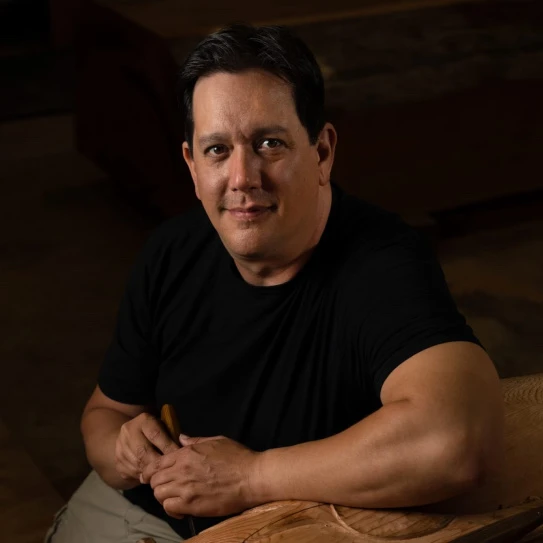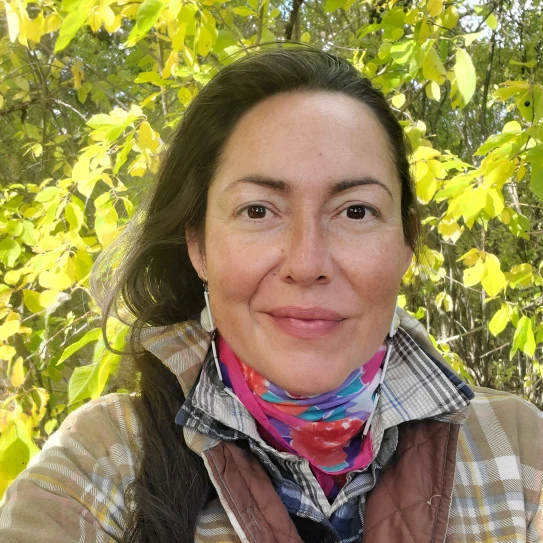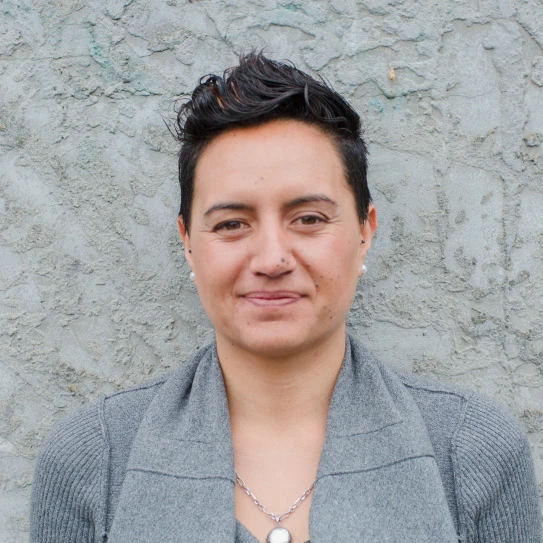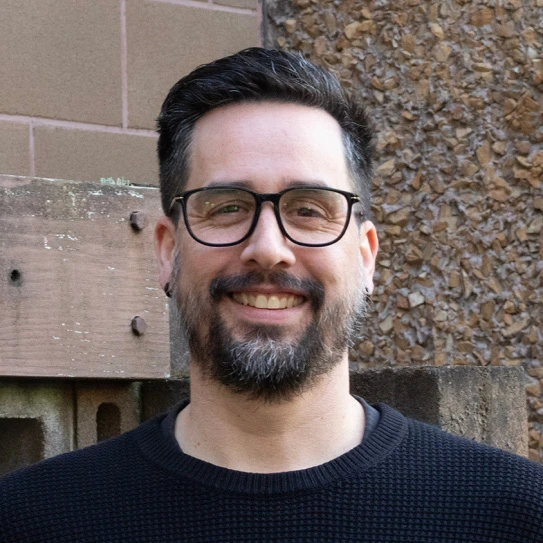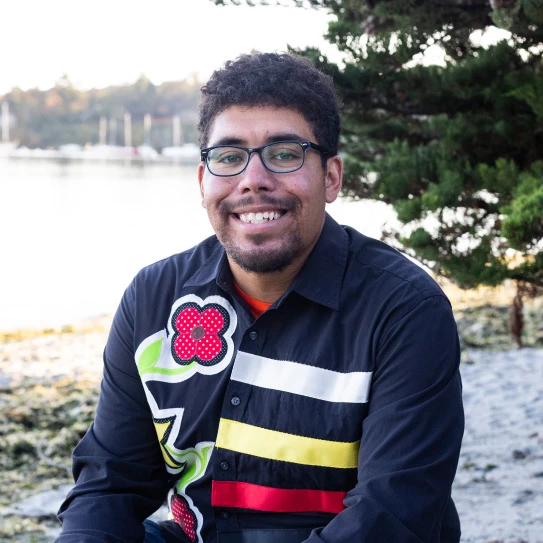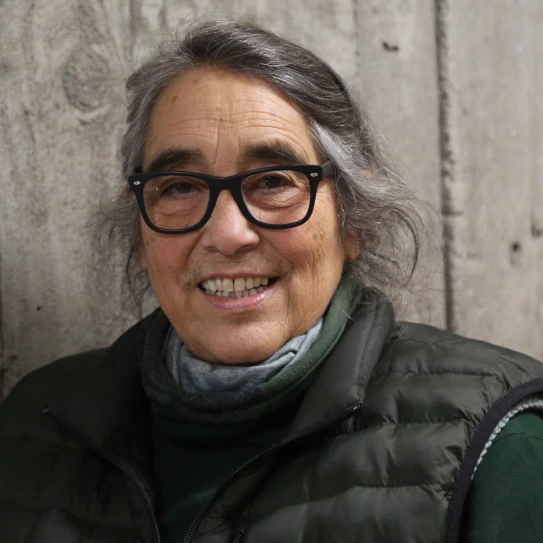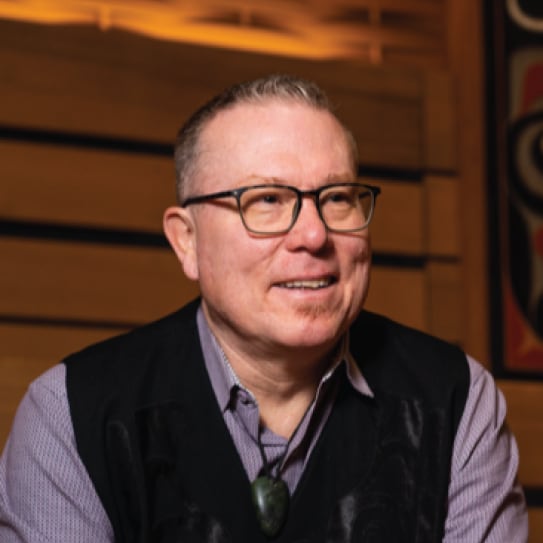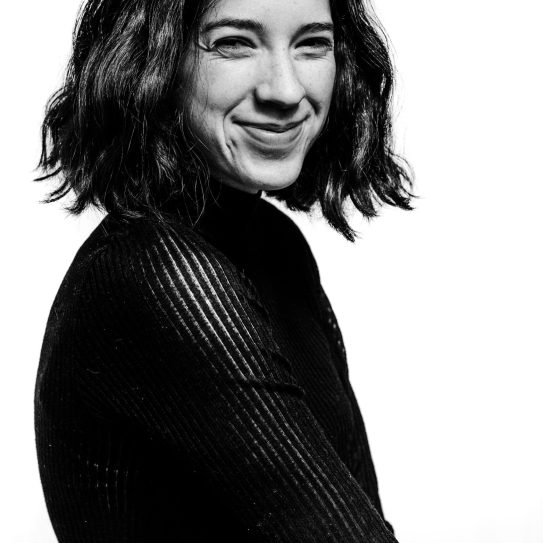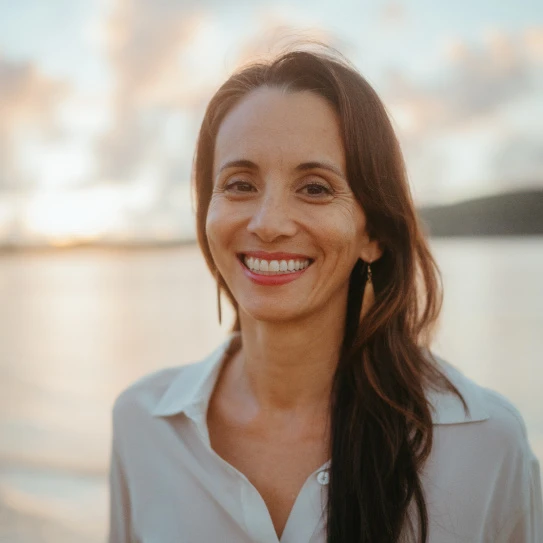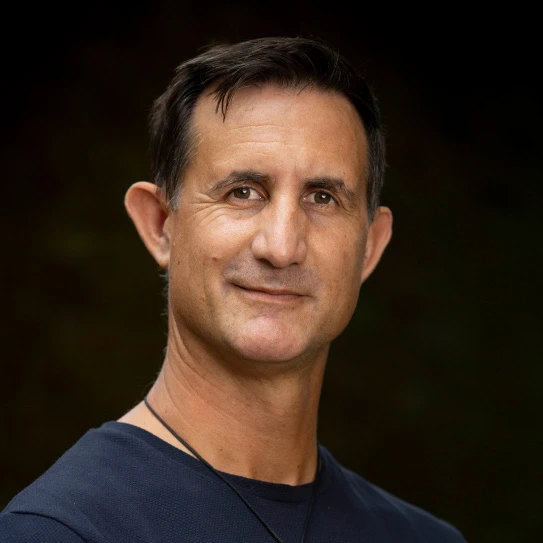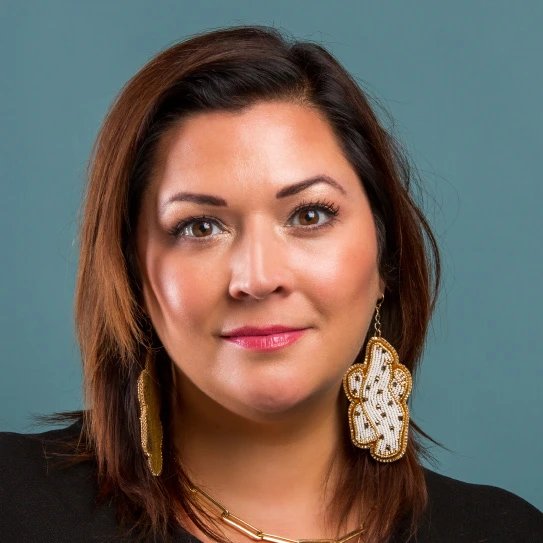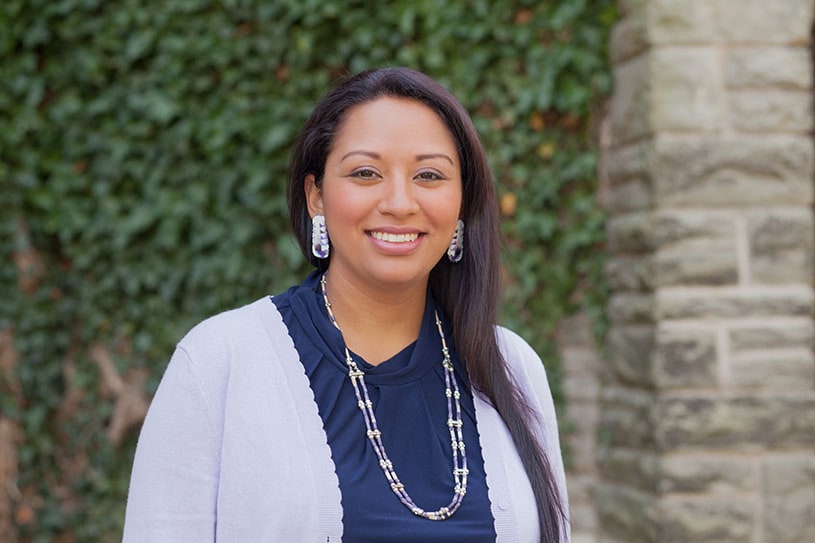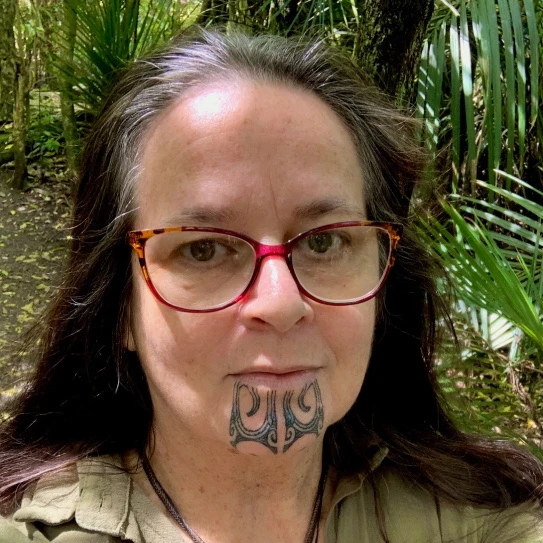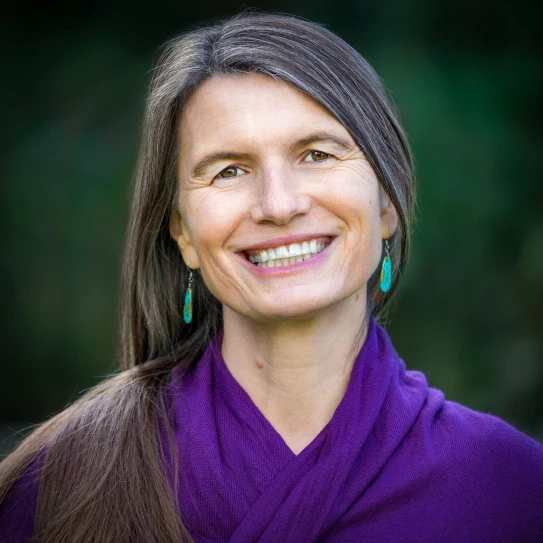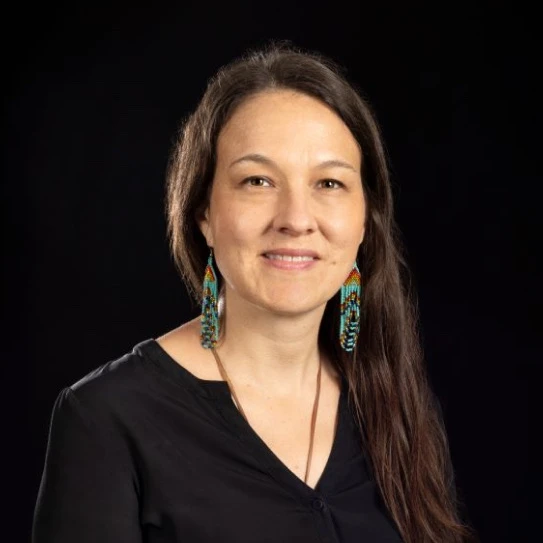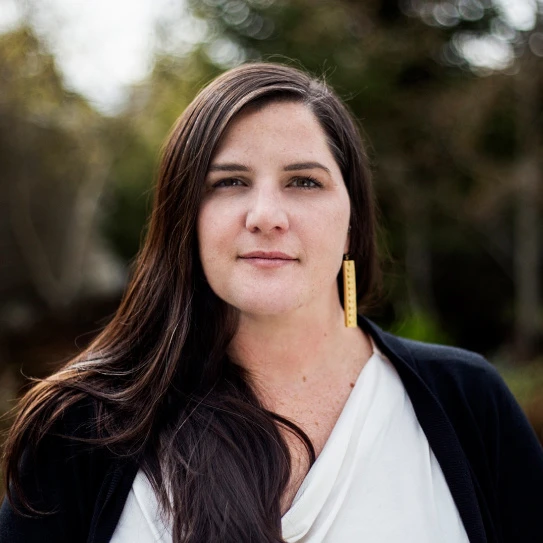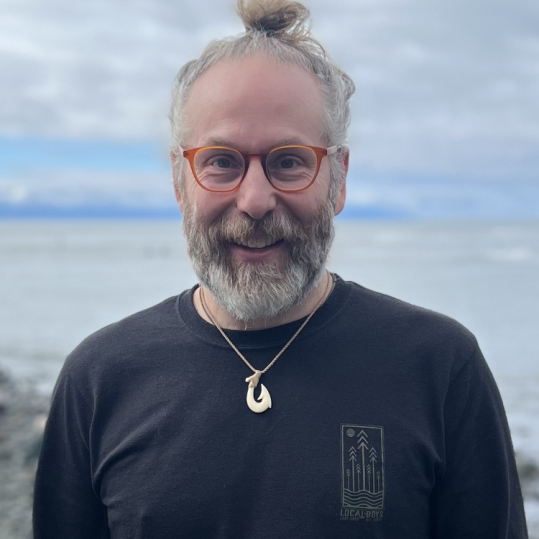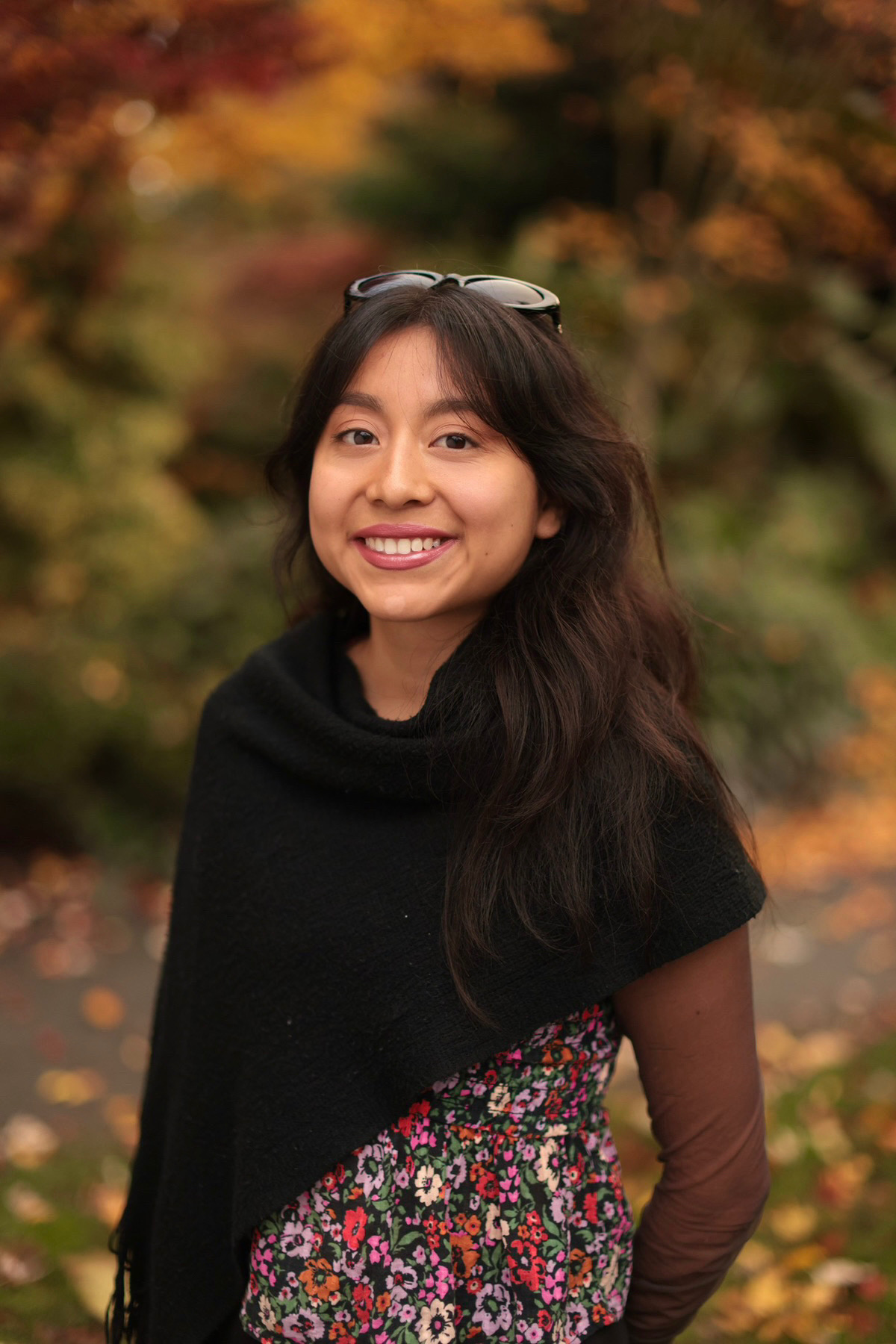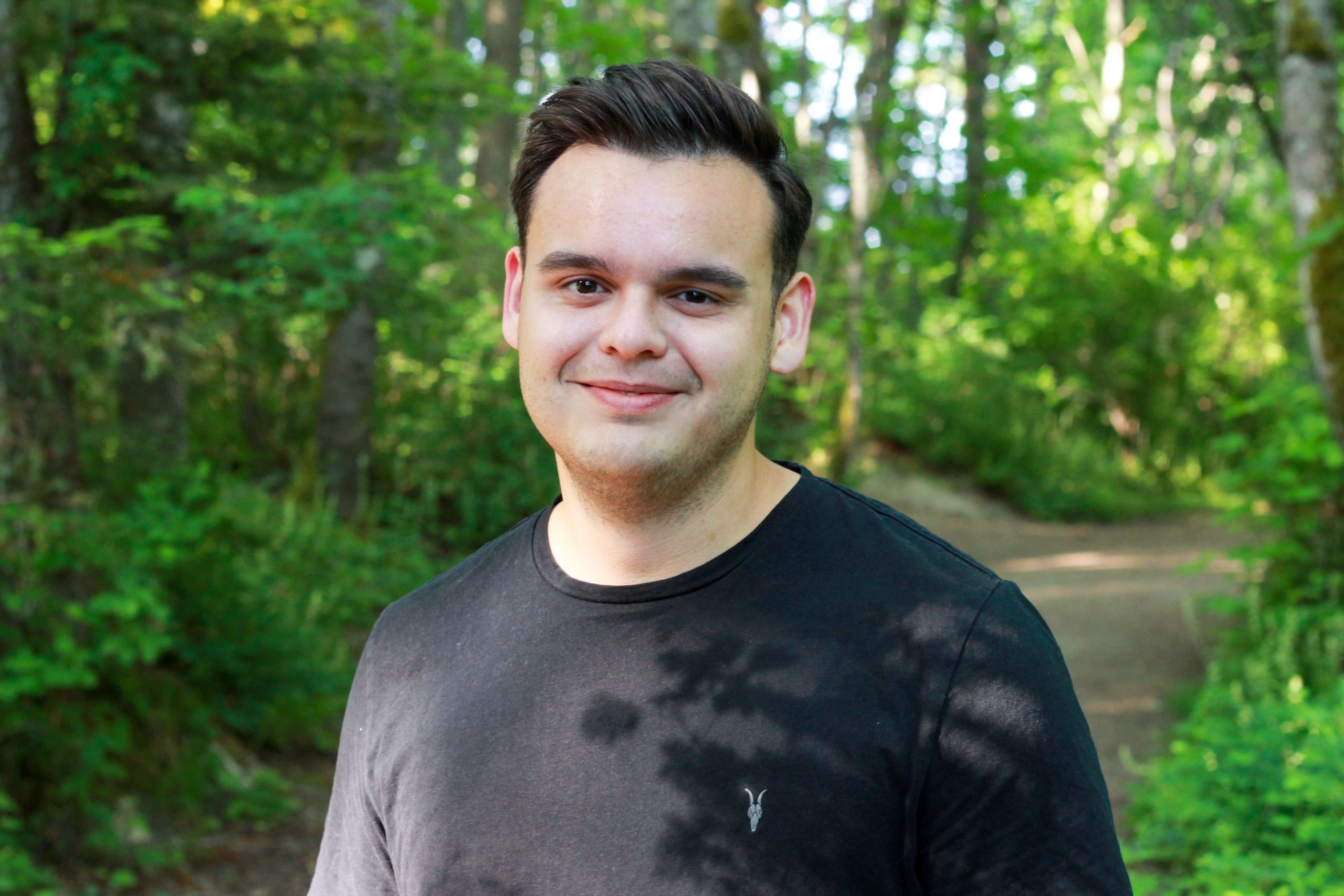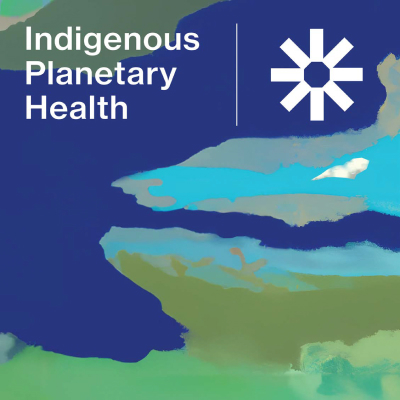Personal Information We Collect
When you visit the Site, we automatically collect certain information about your device, including information about your web browser, IP address, time zone, and some of the cookies that are installed on your device. Additionally, as you browse the Site, we collect information about the individual web pages or products that you view, what websites or search terms referred you to the Site, and information about how you interact with the Site. We refer to this automatically collected information as “Device Information.”
We collect Device Information using the following technologies:
“Cookies” are data files that are placed on your device or computer and often include an anonymous unique identifier. For more information about cookies, and how to disable cookies, visit http://www.allaboutcookies.org
“Log files” track actions occurring on the Site, and collect data including your IP address, browser type, Internet service provider, referring/exit pages, and date/time stamps.
“Web beacons,” “tags,” and “pixels” are electronic files used to record information about how you browse the Site.
When we talk about “Personal Information” in this Privacy Policy, we are talking both about Device Information and Contact Information.
If you fill out any form on our website you are added to our CRM where we collect only the given information.
How Do We Use Your Personal Information?
We use this information in order to do the following:
Communicate with you.
When in line with the preferences you have shared with us, provide you with information or advertising relating to our products or services.
We use the Device Information that we collect to help us screen for potential risk and fraud (in particular, your IP address), and more generally to improve and optimize our Site (for example, by generating analytics about how our customers browse and interact with the Site, and to assess the success of our marketing and advertising campaigns).
Sharing Your Personal Information
We share your Personal Information with third parties to help us use your Personal Information, as described above. We use Google Analytics to help us understand how our customers use the Site–you can read more about how Google uses your Personal Information here: https://www.google.com/intl/en/policies/privacy/
You can also opt-out of Google Analytics here: https://tools.google.com/dlpage/gaoptout
Finally, we may also share your Personal Information to comply with applicable laws and regulations, to respond to a subpoena, search warrant or other lawful request for information we receive, or to otherwise protect our rights.
Behavioural Advertising
As described above, we use your Personal Information to provide you with targeted advertisements or marketing communications we believe may be of interest to you. For more information about how targeted advertising works, you can visit the Network Advertising Initiative’s (“NAI”) educational page at http://www.networkadvertising.org/understanding-online-advertising/how-does-it-work
You can opt out of targeted advertising by:
FACEBOOK – https://www.facebook.com/settings/?tab=ads
GOOGLE – https://www.google.com/settings/ads/anonymous
Do Not Track
Please note that we do not alter our Site’s data collection and use practices when we see a Do Not Track signal from your browser.
Changes
We may update this privacy policy from time to time in order to reflect, for example, changes to our practices or for other operational, legal or regulatory reasons.
Contact Us
For more information about our privacy practices, if you have questions, or if you would like to make a complaint, please contact us by using our contact form.
